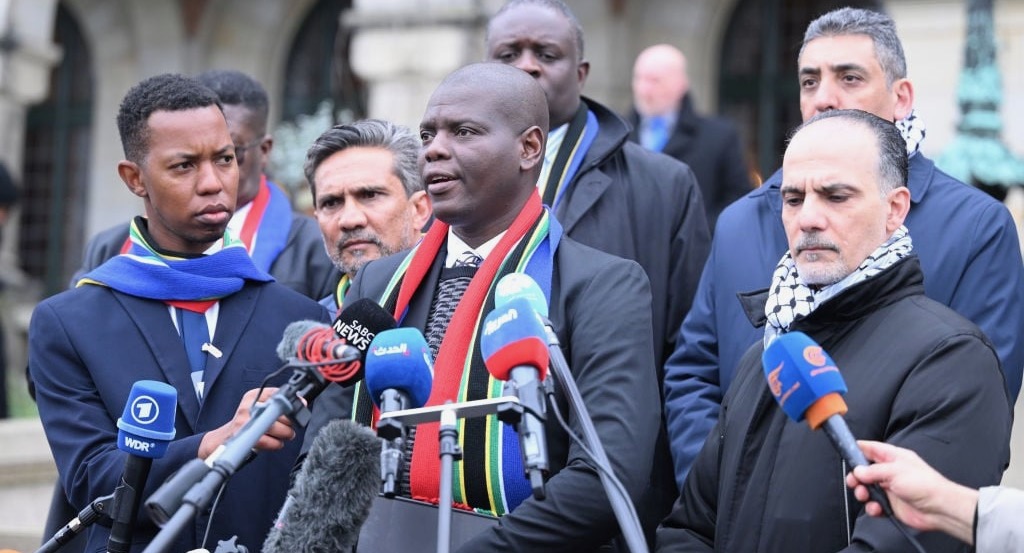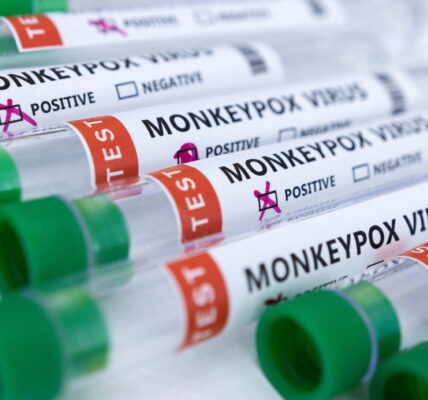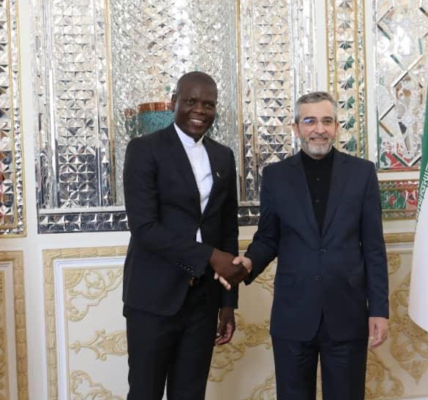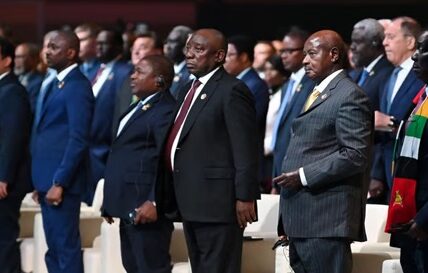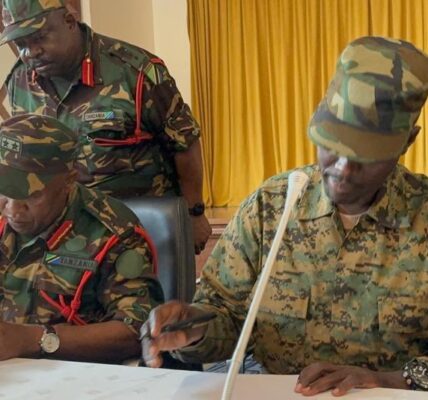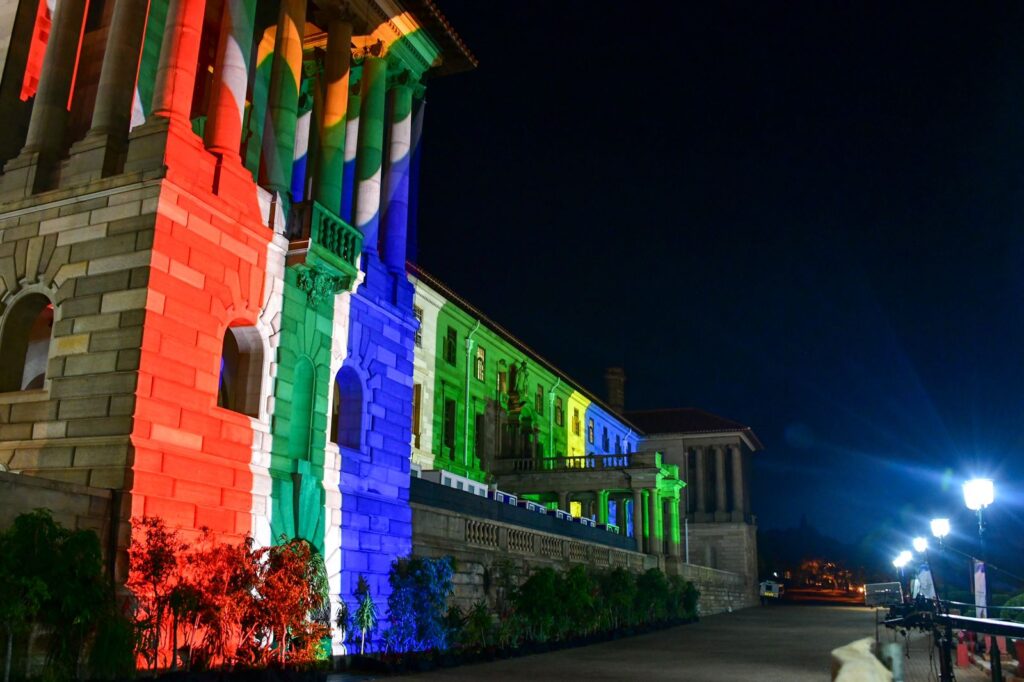
South Africa’s friendly stance toward some of the West’s adversaries, such as Russia and Iran, is attributed by the country’s main opposition party, the Democratic Alliance (DA), to financial support allegedly provided to the ANC. There have been several claims from sources within the country and in Washington that Iran funded South Africa’s case against Israel at the International Court of Justice. DA chairperson Helen Zille stated, “Connect the dots.” The ANC transitioned from bankruptcy to having ample funds almost overnight, and soon after, they initiated the case against Israel, she said. However, she acknowledged that there is no concrete evidence to support these claims.
In an article by Max du Preez, the founder of Vrye Weekblad, he argues that the evidence is weak. Nevertheless, he notes that a diplomat reminded him that the Trump Administration might not require substantial evidence, and that there are hotheads within Trump’s inner circle that would like to teach South Africa a lesson. Ebrahim Rasool, South Africa’s new ambassador in Washington who takes up his post on 1 December 2024, could face significant challenges, says du Preez, if the current tensions do not subside.
SA’s ties with Iran will govern steps by Trump
Published with permission from Max du Preez, Vrye Weekblad.
The pressure to cancel the Agoa trade arrangement is a small matter compared to an initiative in the US Congress to declare South Africa a threat to US security, which will be considered by the Senate early in 2025. However, the main reason behind this move – that SA is a paid proxy for Iran – so far rests on rumours and inferences without a shred of evidence, writes MAX DU PREEZ.
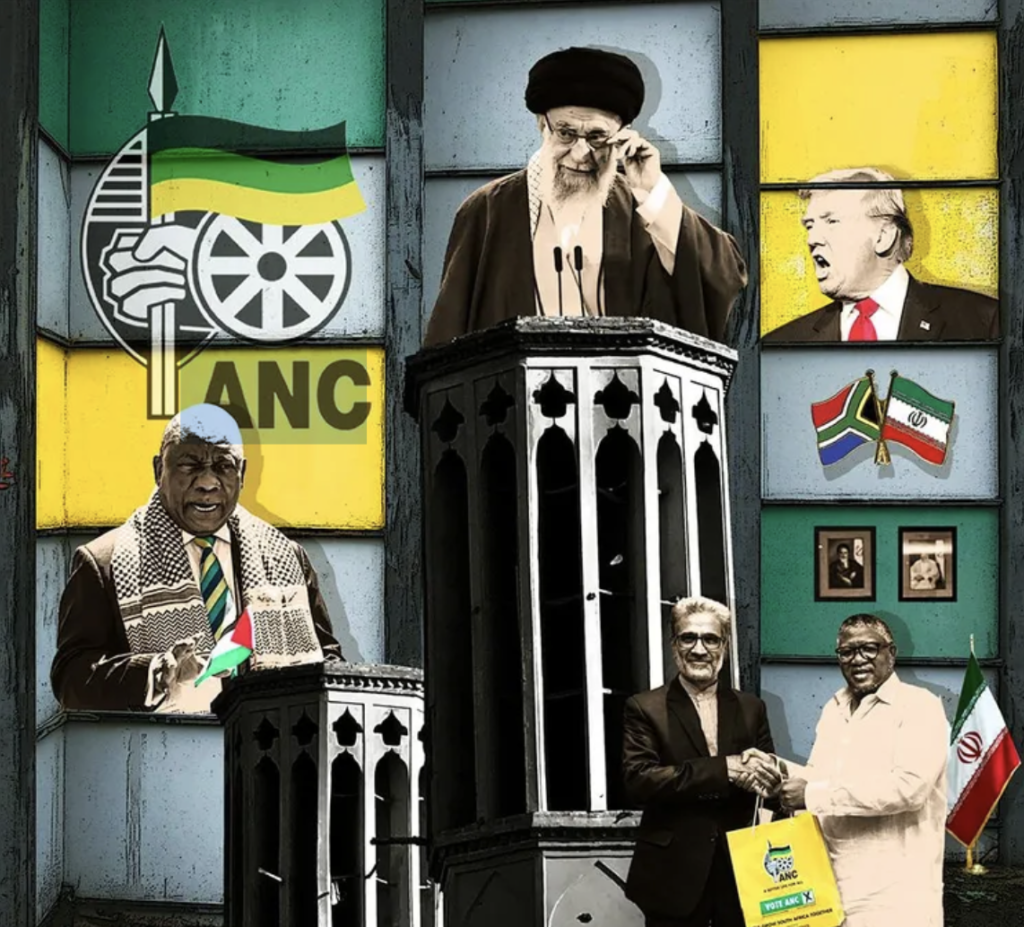
ANGELA TUCK
DID the ANC receive a large amount of money from Iran to take the genocide case against Israel to the International Court of Justice?
Is South Africa in reality a proxy for Iran’s foreign policy, which encompasses the destruction of Israel and the promotion of Shia Islam?
If there is a shred of evidence in this regard, the Agoa preferential trade agreement will not only collapse, but the incoming Donald Trump administration is likely to treat South Africa as an enemy of America, which could include a ban on any aid (such as the HIV/Aids emergency project Pepfar) and even sanctions and/or a travel ban on government leaders.
“Or maybe the new administration doesn’t even need evidence,” a former US diplomat who was once stationed in South Africa told me. “It’s [president-elect] Donald Trump, remember. There are many hotheads in his circle who would like to teach South Africa a lesson after the genocide case before the International Court of Justice.”
The ICJ yesterday issued arrest warrants for Israeli prime minister Benjamin Netanyahu and former defence minister Yoav Gallant. The court said it had reasonable grounds to believe that the two were guilty of war crimes.
Earlier this year, the US House of Representatives passed the US-South Africa Bilateral Relations Review Act with support from some Democrats. It requires the president to certify within 30 days whether South Africa undermines the US’s national security and foreign policy.
The law still needs Senate approval, which is likely to happen early in 2025. After the election Trump’s Republican Party now controls both houses of Congress. South Africa’s harshest critics are in this party, and it can be expected that the Senate will approve the act.
Trump’s appointment of senior individuals who will be able to influence decisions about South Africa are also no friends of the country: Marco Rubio (foreign affairs), Elise Stefanik (UN ambassador), and Mike Waltz (national security advisor). The designated ambassador to Israel, Mike Huckabee, is a fanatical supporter of Israel’s hawks.
A potential complicating factor
A potential complicating factor is that South Africa will take over the presidency of the Group of 20 in 2025, representing 75% of world trade and 67% of the global population. But whether this will deter Trump if he decides to punish South Africa is doubtful.
The ANC has preserved the foreign policy of the government of national unity exclusively for itself, but it can be expected that the DA will increasingly challenge it.
The narrative that South Africa does Iran’s dirty work in exchange for financial support to the ANC has become increasingly stronger in recent months, both in South Africa and in Washington. Israeli lobby groups and media are stoking the fires.
The main source of the SA/Iran axis story is Frans Cronjé, a prominent geopolitical analyst. He has not yet disclosed a single source or evidence for his statements, but he is internationally quoted in media and reports from pro-Israeli institutions.
His factual assertion that South Africa is a “stalking horse” for Iran was recently repeated by the chairperson of the DA’s federal council, Helen Zille, at a business gathering in London, although she, unlike Cronjé, immediately added that she had no evidence.
Narrative disseminated by Jewish media
Meanwhile, Cronjé’s narrative has been further disseminated by Jewish media in South Africa, such as the SA Jewish Report, The Jewish Chronicle and Chai FM.
Now the Jerusalem Center for Security and Foreign Affairs has joined the choir with a special report, “South Africa’s Bilateral Relations with Iran and the Development of Military and Nuclear Capacities”, declaring: “The ANC government has exploited sophisticated methods of soft power learned during the real apartheid years and has captured hearts and minds in service of global jihad.
“Friends of South Africa should desist from supporting Pretoria’s trade and financial arms, while South Africa’s foreign affairs attachés continue supporting Iran, Russia and its proxies. It is unrealistic for South African patriots to expect the international community to turn a blind eye to Pretoria’s warm foreign affairs relations with hostile states including Russia, Iran, and terror proxies while simultaneously seeking continued support for trade, finance, and social development, including in the form of Agoa.”
In another report, this time by the influential Study of Global Antisemitism and Policy (ISGAP), titled “South Africa, Hamas, Iran, and Qatar – The Hijacking of the ANC and the International Court of Justice”, these allegations and calls are repeated. “In exchange for support from radical Islamist and anti-democratic sources, the ANC has sacrificed its principles to falsely and misleadingly accuse Israel and the Jewish people of apartheid and genocide before the International Court of Justice.”
The only other pillar supporting the narrative is that the ANC had serious financial problems in 2024 but announced a few days before the South African legal team’s first appearance before the International Court of Justice that the party’s financial affairs had stabilised. The inference is that this can only mean Iran had paid the ANC to bring the case against Israel.
In May this year, 160 lawyers from various countries, orchestrated by the Israel Law Centre, repeated this inference in a letter to the US secretary of state, Antony Blinken: “This sequence of events strongly suggests that the ANC party’s financial woes were resolved by Iran as a quid pro quo for South Africa’s anti-Israel complaint.”
Rescued by roubles?
It may look suspicious, but there could also be other explanations for how the ANC escaped bankruptcy. There are those who just as confidently claim that the ANC was rescued by roubles from Vladimir Putin. The ANC itself has not yet explained how this happened, except to say that the money mostly comes from ANC members.
The ANC’s media office yesterday repeated its previous denials of Iranian donations to the ANC and pointed out that such donations would, in any case, constitute a violation of the Political Party Funding Act. The department of international relations and co-operation also reiterated earlier denials that it is a proxy for Iran and called this a conspiracy theory.
A member of the ANC’s national executive committee told me yesterday that he “has no idea” whether the party received donations from Iran but strongly doubts it. This would mean bypassing the South African Reserve Bank, one or more commercial banks, and the national revenue service, which would be very difficult. “The CIA, the Bundesnachrichtendienst, and MI6 would easily be able to detect this,” he said.
Cronjé reiterated his claims last week in a video interview about the SA/US Review Act with Biznews’ Alec Hogg. He stated, among other things, “there are Americans who know that SA is such a threat to the US, particularly in fronting Iranian global strategy”.
He said the Americans understand the ANC’s historical loyalty to the Palestinians, “but if that position is used as a stalking horse in advancing Iranian objectives, such as the delegitimisation of Israel through the ICJ case, then a very different line is being crossed.”
Cronjé rightly remarked that the termination of Agoa would actually have a very small impact on South Africa’s exports but warned that the Review Act could pose significant dangers for South Africa.
The Americans will also have to keep in mind that several of their allies, such as Spain, Belgium, Ireland, Mexico, Egypt, and Turkey, along with Brazil, several Muslim countries, and South American states, support South Africa’s case in the highest international court. They cannot all be dismissed as proxies for Iran.
Solidarity with Palestinians
In the weeks after the genocide case was presented at the ICJ, I had in- depth conversations with some of the architects of the move. I am personally convinced that it was a genuine South African attempt to try to prevent a potential genocide in Israel. The ANC, and probably most South Africans, feel a solidarity with the Palestinians, something that has been part of the ANC’s political culture for decades. What has since happened in Gaza also shows that the ICJ case was not merely a propagandistic ploy.
However, the government, or rather the ANC’s, seemingly cordial relationship with the Iranian government, a brutal theocracy, is harder to understand. Trade ties between the two countries are relatively minuscule. Iran is fundamentally anti-Western and supports militias like Hamas, Hezbollah, and the Houthis in Yemen.
South Africa strongly supported Iran’s accession to the Brics group. Iran’s then president, Ebrahim Raisi, was in South Africa in August 2023 to address the Brics summit.
Increased pressure on SA
Pressure on South Africa sharply increased after Hamas’s attack on Israel on October 7 last year. A week after the attack, former minister of international relations and co-operation, Naledi Pandor, had a telephone conversation with Hamas leader Ismail Haniyeh. Israel and Jewish organisations in South Africa were furious and summarily rejected Pandor’s explanation that they discussed humanitarian aid to Palestinians.
Two weeks later, Pandor travelled to Tehran and held discussions with the president and foreign minister. She was severely criticised when she stated at an Iran symposium in March this year: “I don’t know whether they are an authoritarian regime.”
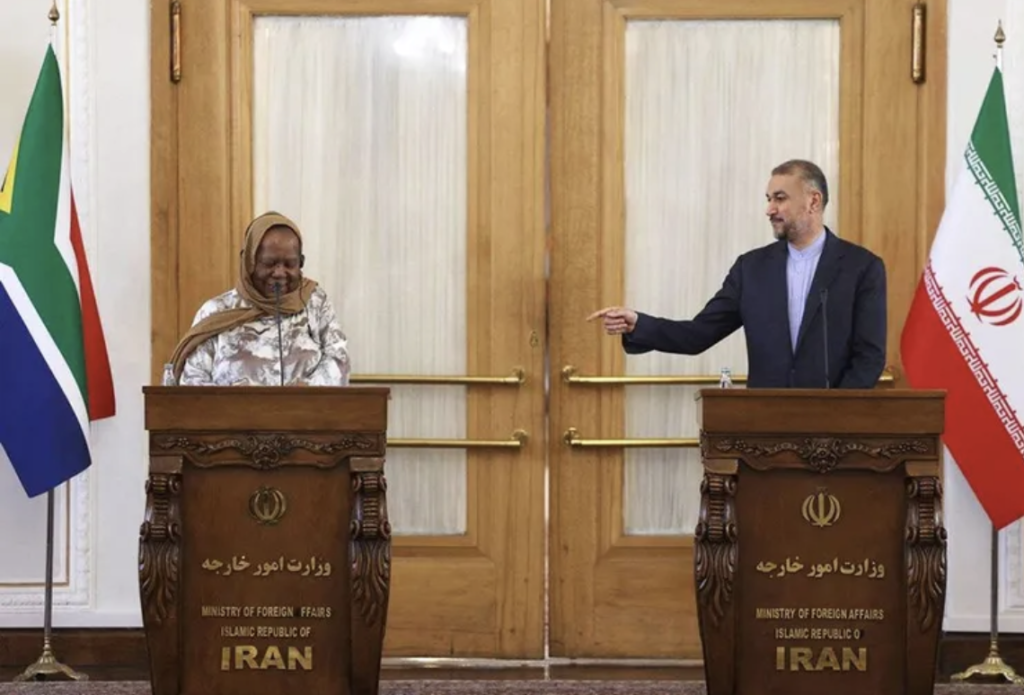
Iranian foreign minister Hossein Amir-Abdollahian during a joint press conference with then international relations and co-operation minister Naledi Pandor in Tehran in October 2023.
A Hamas delegation visited South Africa at the ANC’s invitation in December last year. In July this year, the new minister, Ronald Lamola, attended the inauguration of Iran’s new president in Tehran. In August, the head of the South African Navy, Adm. Monde Lobese, visited military commanders and naval bases in Iran.
Amnesty International’s 2023 report on Iran strongly criticised the brutal oppression of women, violent actions against protesters, the persecution of LGBTQ people, detention without trial, torture of dissidents, and an extremely flawed judicial system.
South Africa’s new ambassador to Washington, Ebrahim Rasool, should hope and pray that the flirtation between Pretoria and Tehran cools quickly, or his term will be disastrous.

